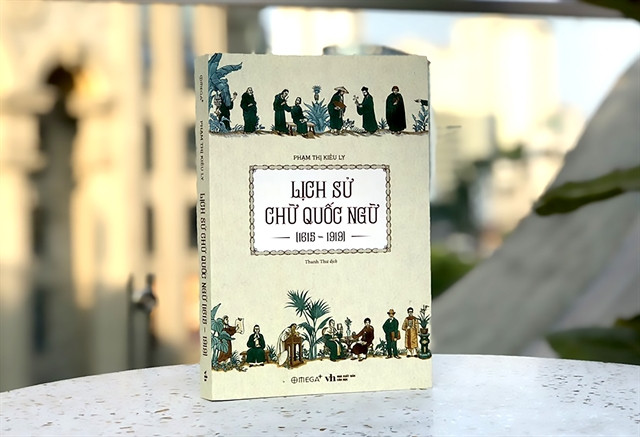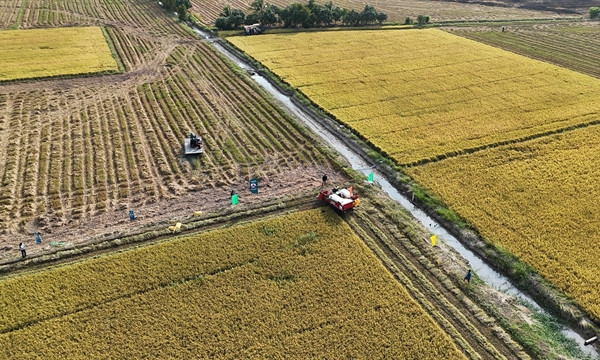New book on the history of modern Vietnamese writing
A book has been launched to help all bookworms and lovers of literature understand more about the formation and development of modern Vietnamese writing.
A book has been launched to help all bookworms and lovers of literature understand more about the formation and development of modern Vietnamese writing.
The book entitled Histoire de l'écriture romanisée du vietnamien (1615-1919), History of Romanised Vietnamese Writing, was first published in France in 2022. It is developed from the doctoral thesis of Phạm Thị Kiều Ly who studied for her PhD in 2018 at the Sorbonne Nouvelle University, and won the 2020 award for the most excellent thesis from GIS Asie (Academic Network on Asian Studies).
"It can be said that her research is the most comprehensive work ever on the history of formation and development of the modern writing system of the Vietnamese national language," said Trần Quốc Anh, Associate Professor of Historical and Systematic Theology from Santa Clara University.
Ly currently works at the School of Interdisciplinary Sciences and Arts at the Việt Nam National University, Hà Nội.
Her thesis included research and work from documents written in Latin, Portuguese and Italian, from archives in Lisbon, the Vatican, Rome, Madrid, Avila and Lyon.
"I have experienced different feelings while researching," Ly said. "Happy to find the documents, stressed and anxious when I had to get started on my thesis."
The book covers a timespan of more than 300 years, from 1615 when Jesuit priests came to the country to teach Christianity, studied the Vietnamese language and created the romanised Vietnamese script. So the work can also be considered in a context of how writing developed alongside the general context of missionary work around the world.
It charts the changing role of modern Vietnamese writing, from the beginning when western priests helped change the Vietnamese written language to make their missionary work easier.
The author has written a history of religion and politics of Việt Nam, from feudalism to colonialism, including histories of journalism, culture and education, from different periods.
The book cover is illustrated with individuals who have made important contributions to the process of the formation and development of modern Vietnamese writing. It is also published to commemorate the founder of modern Vietnamese writing, French missionary Alexandre de Rhodes, who arrived in Việt Nam 400 years ago.






